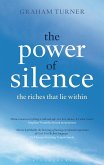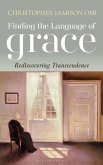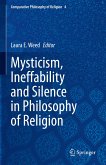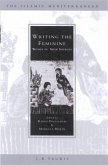Founded in the sixteenth century, the Demirdashiya Sufi order in Cairo has played an influential role in Egypt's public life, and through a line of family sheikhs has channeled the impulses of its Sufi origins into different types of reform. Practicing a visionary form of piety, the Demirdashiya-once legendary for its wealth and secrecy-continues to influence a small but important segment of contemporary Cairo's inhabitants. In this fascinating study, scholar Earle Waugh highlights the Demirdashiya's sophisticated and complex relationship with both politics and Islamic culture. As part of his research, Waugh attended the order's liturgies-the dhikrs (remembrance) and khalwa (retreat)-normally closed to outsiders. During an annual khalwa, the adept silently meditates for three days in his own cell. More than giving up human discourse, the mandated silence is a reordering of sensitivities to the divine, and a path to insight into the many ways that God conveys Himself to humans. Examining the role of the Demirdashiya in Egypt's history as well as its visionary piety, Visionaries of Silence explores the dialectic between reform and vision in a stable Sufi order. It also probes how these competing ideals were incorporated into the physical world of the zawiya, mosque, and living quarters, and the extension of its influence in Europe through its most famous daughter, Qut al-Qulub, noted visionary author and mother of the order's current sheikh.
Dieser Download kann aus rechtlichen Gründen nur mit Rechnungsadresse in A, B, BG, CY, CZ, D, DK, EW, E, FIN, F, GR, HR, H, IRL, I, LT, L, LR, M, NL, PL, P, R, S, SLO, SK ausgeliefert werden.









